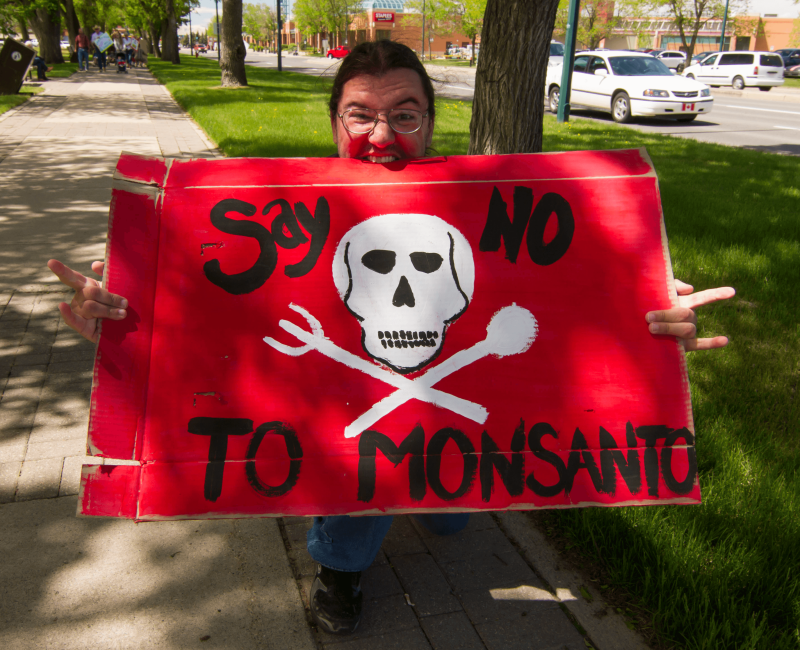To date there have been over 3,000 studies looking at the health and environmental safety of GMO crops, without any evidence of harm or a legitimate safety issue. Based on this evidence, 280 scientific organizations around the world have declared that GMOs are just as safe as non-GMO foods and present no special risk. There is, in fact, an overwhelming scientific consensus that GMOs currently on the market are safe and pose no threat to the environment.
This disconnect between public fears, caused by a fearmongering campaign of misinformation, and a strong scientific consensus based on decades of research is stark and very dangerous. One particularly poignant example is the fate of golden rice – a bioengineered variety of rice with enhanced beta carotene meant to reduce the burden of vitamin A deficiency, especially in developing parts of the world. There are no legitimate concerns about golden rice – the patent rights are freely licensed, there is no issue with pesticide use, and there are no safety issues. The best opponents can do is to request even more research – and endless game of shifting the goalpost, or to claim that golden rice is not that effective.
…
This gets back to the core problems – activists are tireless, while the defenders of science and common sense have countless battles on their hands and a lot of competition for their attention.































